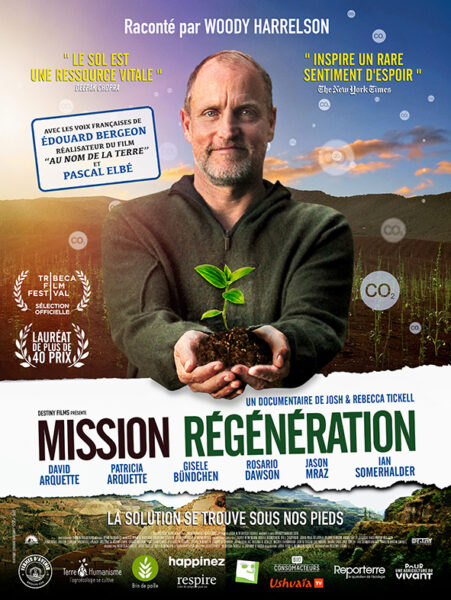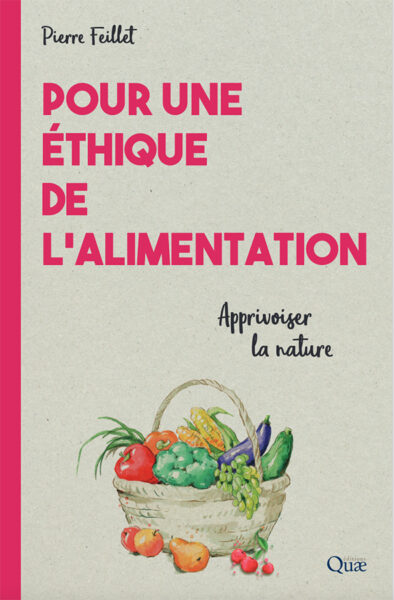It was the aim of IAASTD (International Assessment of Agricultural Science, Knowledge and Technology for Development), a programme initiated and led between 2005 and 2008 by the World Bank and a number of United Nations agencies, to assess the future contribution of agricultural research and technologies to the Millennium development objectives. Fifty-seven governments were involved, together with many development actors and representatives of the agricultural and agrifood sectors, the academic world and civil society.
This innovative, cross-disciplinary study marked an important paradigm shift, representing a broad consensus among the experts to the effect that agriculture is multi-functional and multi-factorial; that it requires approaches that take account of the specific contexts in which it is carried out, involving all the players in the supply chain and having regard to local forms of knowledge. This new paradigm, which marks a retreat from reductive, universal solutions, offers diverse options for action.
Beyond questions of the quantity of knowledge accumulated and its limitations, IAASTD marks a decisive development that the various actors must now take on board. This is what is demonstrated here by Marie-Aude Even, who lead a collective study of IAASTD for the Foresight and Assessment Vice-Directorate of the French Ministry of Agriculture, doing so within the framework of an Analysis Note, which Futuribles takes up in this article.



